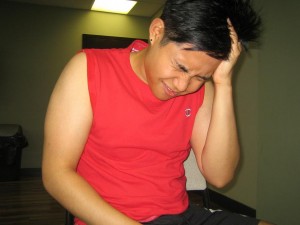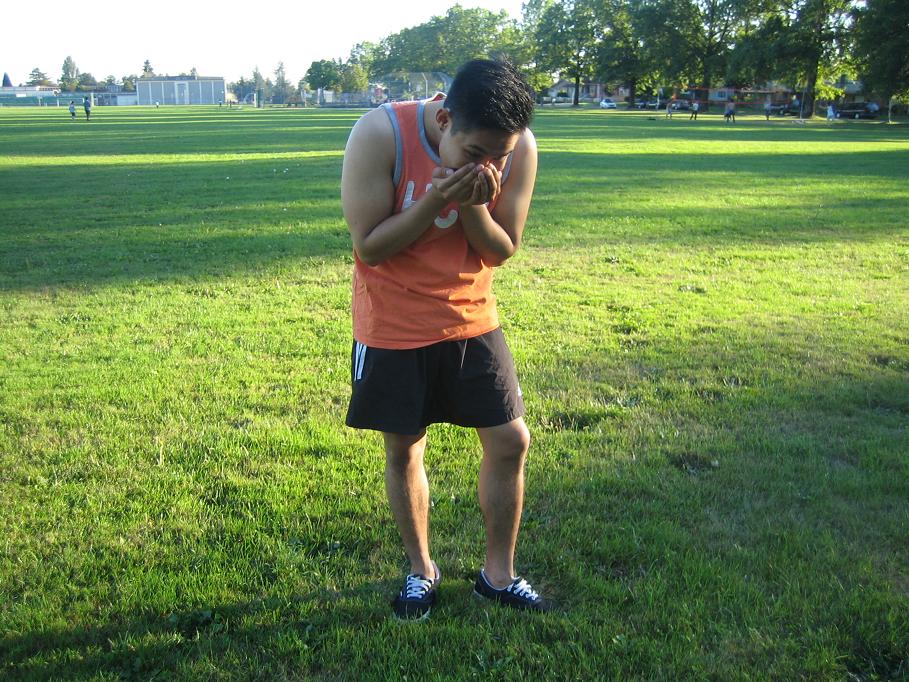Temporomandibular joint syndrome (TMJ) is pain in the joint of the jaw that can be due to some medical conditions. The joint connects the lower jaw to the skull in front of the ear. Facial muscles for chewing are also connected to the lower jaw.
Problems in this area can result to neck pain, facial pain, headaches, pain in the ear and the jaw becomes locked in a position, difficulty opening the mouth and issues with biting. Jaw clicking or popping sounds can be heard when bitting. Women are more susceptible to this condition than men.
Causes of temporomandibular joint syndrome

- This condition can be caused by trauma such as grinding of teeth or bruxism and clenching or jaw tightening which can result to changes in the alignment of the teeth.
- A punch to the jaw or impact from an accident can break the jawbone, dislocation of the TMJ and damage the cartilage disc of the joint.
- Osteoarthritis due to degeneration of the joint or wear and tear of normal aging.
- Rheumatoid arthritis causes inflammation of the joint and affects the joint especially in children.
- Infection of the joint, cancer and deformity of the bone since birth.
Symptoms
- Pain in the facial muscles and joints of the jaw that spreads to the neck or shoulders.
- Joints become overstretched and spasms can happen.
- Pain when talking, chewing and yawning.
- Discomfort can be felt in front of the ear and can spread to the face, scalp or jaw and result to dizziness, headaches and symptoms of migraines.
- Pain in the ear, ringing in the ears or tinnitus and loss of hearing
- Swelling of the face and mouth on the affected side
- Difficulty swallowing
- Nausea and vomiting
Treatment
- Take the prescribed over-the-counter anti-inflammatory and pain medication such as ibuprofen, aspirin and acetaminophen to lessen the pain and inflammation.
- Apply a warm compress on the affected area for at least 20 minutes. Perform gentle exercises for the jaw such as opening and closing the jaw from side to side after a warm compress.
- Massage gently the affected area.
- Seek the help of a physical therapist of some rehabilitation exercises in restoring the mobility of the joint, increase strength of the muscles and lessen the pain.
Tips
- If suffering from occasional episodes of pain in the jaw, avoid chewing gum or biting objects such as fingernails or pens. Avoid hard and chewy foods.
- Avoid large bites when eating
- When yawning, support the lower jaw with the hand.
- Apply moist heat when there are spasms in the area
- Massage regularly the jaw, cheeks and muscles of the temple
FACT CHECK
https://www.medicinenet.com/temporomandibular_joint_syndrome_tmj/article.htm
https://www.mayoclinic.org/diseases-conditions/tmj/symptoms-causes/syc-20350941
https://www.webmd.com/oral-health/guide/temporomandibular-disorders-tmd#1
